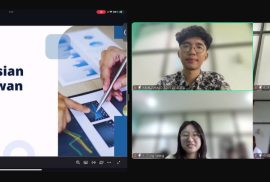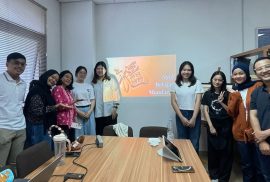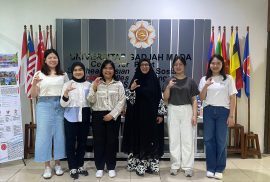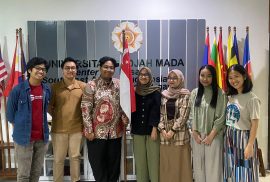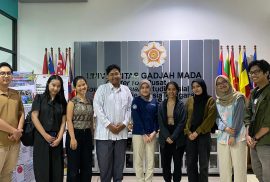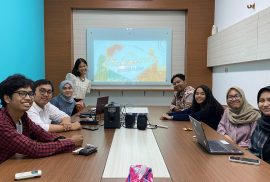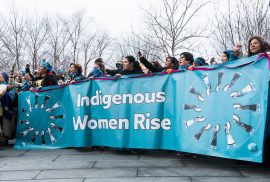The inaugural CESASS-CHAT, titled “Southeast Asian Policy in Taiwan,” was successfully held on July 12th, 2024. The event featured esteemed speakers Chen An Chou, Suthasinee Huang, and Yi Ching Wang, who provided in-depth insights into Taiwan’s Southeast Asian policy.
This first session of the CESASS-CHAT series attracted a diverse audience, including academics, students, and members of the public interested in Southeast Asian affairs and Taiwan’s foreign policy. The event offered a platform for discussing Taiwan’s strategic engagements with Southeast Asian countries, focusing on southern policy, new southbound policy, and implementation measures.

